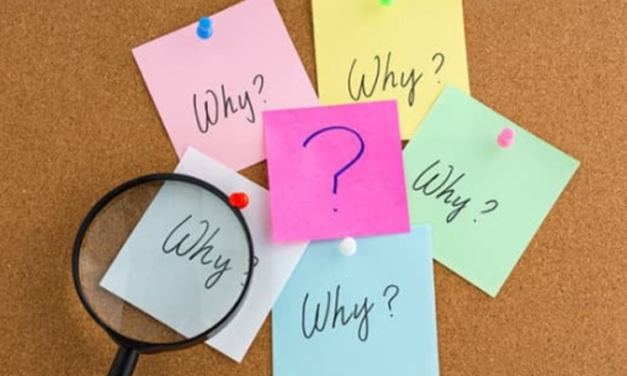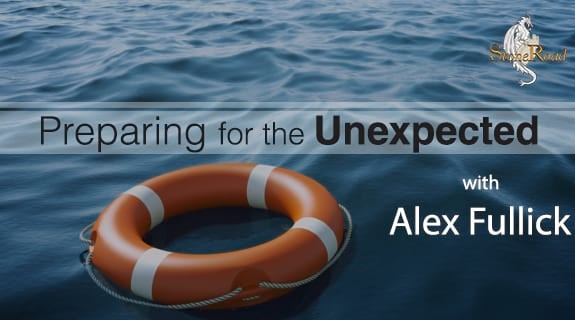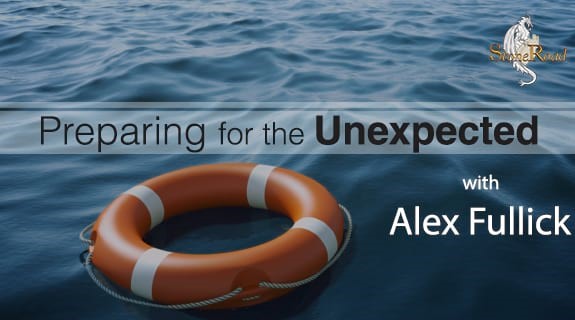From Challenge You Become Wise: Embracing Life’s Resistance
When speaking to Nicole Baldassarre, Director of Sales for InSpace, on my “Empowering Women...
Read Moreby Stephanie Duguid | Dec 18, 2023 | Empowerment, VoiceAmerica | 0 |
When speaking to Nicole Baldassarre, Director of Sales for InSpace, on my “Empowering Women...
Read Moreby Stephanie Duguid | Dec 7, 2023 | Empowerment, VoiceAmerica | 0 |
When speaking to Nora Miller, President of Mississippi University for Women, on my...
Read Moreby Alex Fullick | Apr 7, 2023 | Business | 0 |
Join me Thursday, April 20/23 at 1pm EST! I speak with a founding member of the UK Psychological...
Read Moreby Alex Fullick | Dec 19, 2022 | Business | 0 |
Join Me Thursday, April 20/23 at 1pm on the VoiceAmerica Business Channel! Many organizations face...
Read Moreby VoiceAmerica | Apr 10, 2022 | Business | 0 |
Join me Dec 8/22 at 1pm EST! Change Management can be a major factor in determining risk...
Read Moreby VoiceAmerica | May 15, 2015 | Empowerment | 0 |
Stuck in an abusive relationship for 8 years with a man who nearly killed her one night in a hotel...
Read Moreby VoiceAmerica | Apr 16, 2015 | Empowerment | 0 |
David Howe – author of Empathy: What it is and why it matters – joins Lou Agosta on A...
Read More







